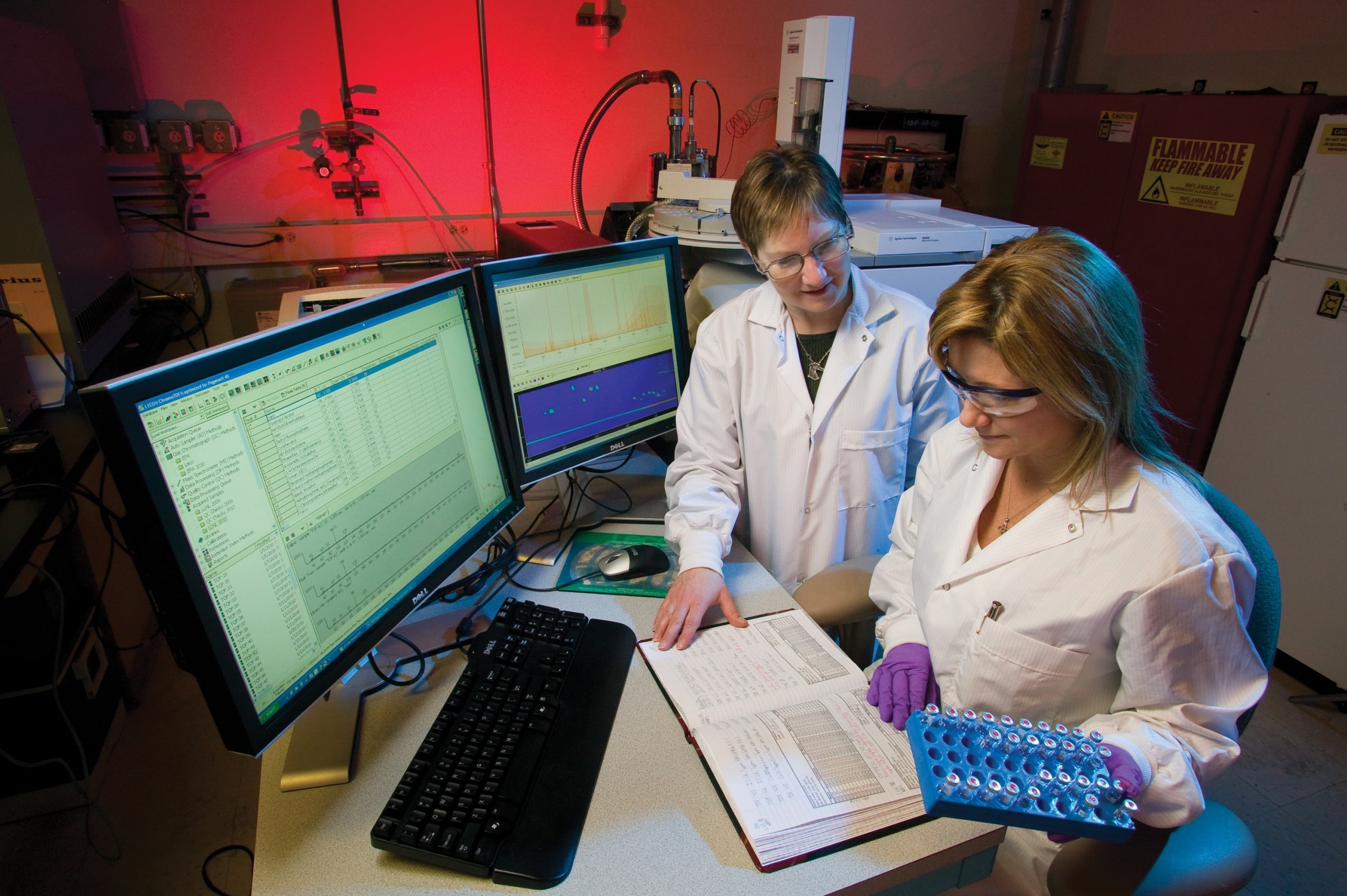
A major finding of newly released research into the gender gap in science has been that women’s experiences in both educational and employment settings are consistently less positive than men’s.
Contending with the structural roots of gender inequality is imperative in accomplishing UN Sustainable Development Goal 5. Empowering more women leaders across different regions and disciplines will not only strengthen and accelerate scientific research but also policies and legislation. Vice-President and Special Representative for Gender and Diversity of the International Political Science Association (IPSA), Professor Yasmeen Abu-Laban, (University of Alberta, Canada) speaks about IPSA’s initiatives for equal gender representation within the sphere of political science.
* Subscribe and listen to on your favourite platform:
The International Science Council is excited to announce our new podcast, ISC Presents. To celebrate International Women’s Day, the inaugural podcast series is on Women in Science. ISC Presents: Women in Science, explores the role of women in science around the world and the issues surrounding the gender gap in science.
Recorded at UNESCO during the International Day of Women and Girls in Science, we discuss gender equality in science systems, through the voices of six women researchers in STEM from around the globe. We listen to the achievements, perils, challenges and aspirations women face in an effort to empower, connect and inspire present and future generations of female scientists.
Achieving global gender parity has been a slow process – particularly across certain scientific disciplines, which have remained consistently male dominated. In the run-up to International Women’s Day on 8th March, we speak to José van Dijck at The Royal Netherlands Academy of Arts and Sciences, who led an initiative to ensure that qualified women have a place at the Academy.
Persistent under-representation and perpetuated stereotypes have long plagued women’s involvement in science. There is a global consensus that both science and gender equality are essential in reaching goals outlined in the 2030 Agenda for Sustainable Development, but at present, fewer than 30 percent of researchers worldwide are women.
In the run-up to International Women’s Day on March 8th, 500 Women Scientists Pods are invited to participate in a Global Wikipedia Edit-a-Thon to increase representations and awareness for women in STEM on Wikipedia as part of an international campaign to improve the coverage of women scientists, and to highlight and celebrate their achievements. The Edit-a-Thon will start on Saturday, March 7th, and will run throughout the weekend.
According to the Australian Academy of Science’s Women in STEM 10-year plan, women presently make up only *16 percent of the STEM workforce in Australia. Actively attracting women and girls to STEM and providing an environment for them to thrive and progress is not only a shared responsibility of the government, academia, the education system and industry, but an ethical commitment to the global scientific community. With such persistent under representation of women in science, the world inherently loses a significant pool of talent and creativity that is critical to the advancement of science.
* The percentage of women in STEM fields in Australia is not inclusive of the social science workforce in Australia.
Monika Tcheufa is a Cameroonian blogger and engineer in the renewable energy sector. She is currently completing an internship with EDF and runs a blog, SCIGI, Sciences for Girls where she encourages young girls to go into STEM fields through social media and blogging. Monika speaks about her experiences and challenges as a young woman in the male-dominated engineering field.
The International Science Council, through its Action Plan Advancing Science as a Global Public Good, has outlined the need for change in scientific systems, which must be able to continually adapt to changes in knowledge, technology and societal norms. The ISC is developing its project, Gender Equality in Science: From awareness to transformation, with partners such as Gender InSITE, the Inter-Academy Partnership and the Global Research Council. In the weeks leading up to International Women’s Day, we are focusing on gender awareness, highlighting the achievements, challenges and initiatives of ensuring gender equality in science and across disciplines.
Photo by Science in HD on Unsplash